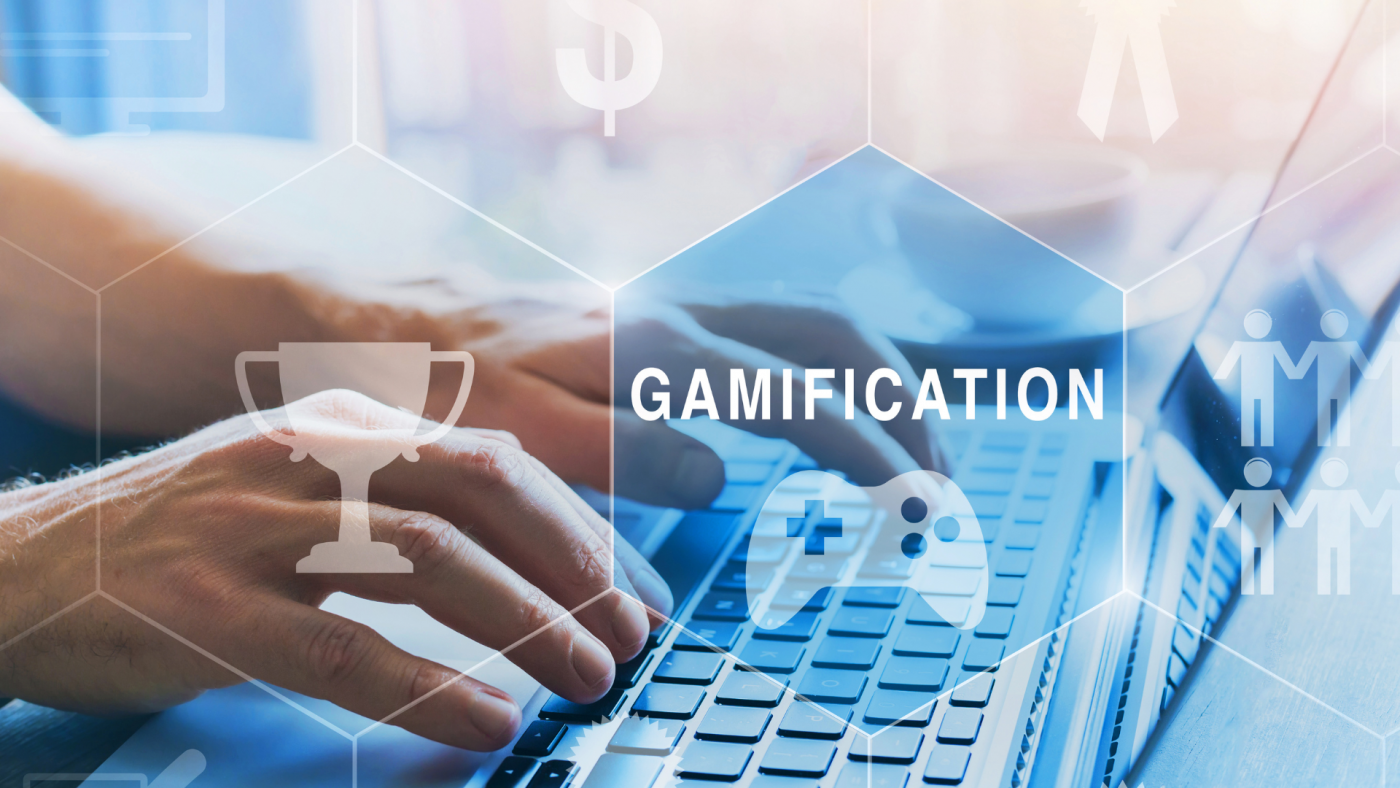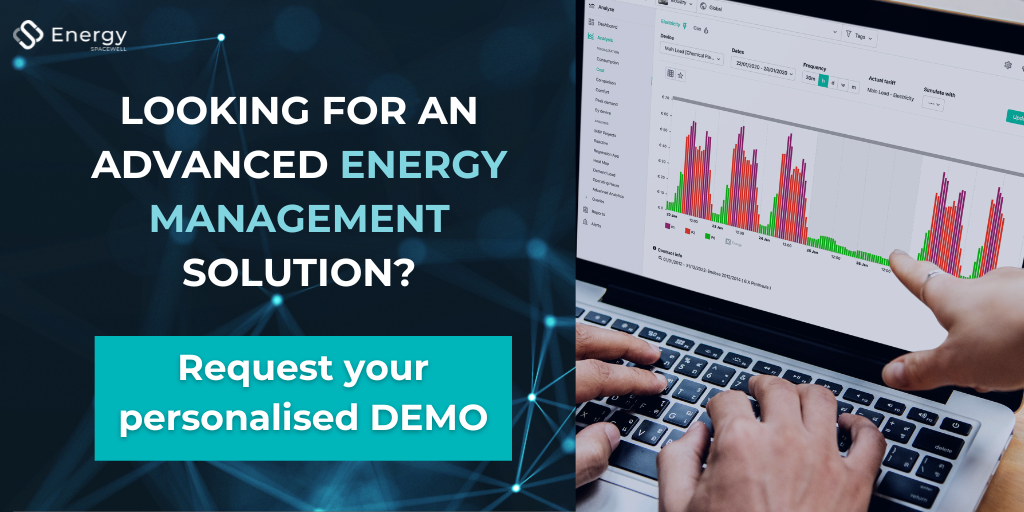You’ve heard a lot lately about gamification and its application in various fields – such as gamification for energy management – but does it refer exactly to the use of games?
Not exactly, although it’s related to game theory. To better understand what gamification is and what it’s all about, we’ll tell you about it below.
What does Gamification mean?
Gamification involves applying game theory concepts and techniques to activities that are not typically considered games. But what exactly does game theory entail?
Game theory delves into mathematical patterns to explain how an individual’s decisions can impact others. It explores mathematical models related to negotiation, conflict, and cooperation among individuals, organisations, and governments. This approach can be applied across various fields of study, including understanding consumer behaviour concerning energy use.
Gamification, the application of game theory in non-game scenarios, specifically addresses energy-related concerns. It focuses on studying how people or groups interact with energy consumption. These “games” can vary widely, from simple personal or small group challenges to significant confrontations between corporations or superpowers. In the realm of energy management, game theory aims to determine the best strategy for handling specific situations or conflicts. In the context of energy consumption, this means designing strategies that optimise energy use.
These strategies align with goals such as reducing energy costs, achieving zero carbon emissions, creating sustainable buildings, and complying with energy efficiency and decarbonisation regulations.
Can Gamification Help Us Save Energy?
Energy gamification seeks to incorporate gaming elements into non-gaming contexts to engage consumers in more efficient energy management.
Currently, numerous apps and projects are attempting to implement gamification in various industries, including the energy sector. For instance, you may already be familiar with the FEEdBACk Project, in which Spacewell Energy (Dexma) is a participant. As previously discussed in one of our articles, this project aims to develop an app that encourages energy consumers to comprehend and modify their energy consumption behaviour.
But does gamification genuinely hold the potential to help us conserve energy?
According to an IDC study, as of 2019, 85% of utilities within the G2000 had established new business units with their own funding and governance, or separate companies, to accelerate innovation and business transformation.
The impact of this digital transformation is evident when browsing through your smartphone’s app store, where you can find numerous applications offered by energy companies and third-party developers.
Energy savings can be realised through various means, and gamification for energy consumption attempts to achieve this by engaging users in a game-like manner. These applications employ cooperation and competition to motivate users towards attaining energy efficiency goals. Furthermore, gamification techniques play a pivotal role in smart energy meters, suggesting a promising future for their integration. If developers can create appealing applications, the rest is likely to follow suit. The outlook appears optimistic for the intersection of gamification and energy.
How Utilities use gamification to engage Customers
When summer temperatures rise and air conditioners operate at full capacity, the demand for electricity strains the power grid. The same happens when temperatures drop and heating systems increase both electricity and gas consumption.
When this happens, utilities try to manage these peak energy demand hours with an approach demand response. The first step that utilities take is to start with novel technology applications that optimise energy consumption in Heating, Ventilation and Air Conditioning (HVAC) systems. A strategy is then created to encourage industrial users and residential customers to reduce their energy consumption to facilitate charging on the network.
But how are customers encouraged?
Just what you were thinking, through gamification techniques applied to energy efficiency. Energy consumption is a significant and critical social issue, so gamification and serious games offer a means of influencing people regarding energy consumption.
With the development of social media, smartphones and interactive web technologies, games have moved quickly into the mainstream. Consequence? Gaming is big business and utilities know it. For this reason, utilities are developing apps, because gamification offers a powerful avenue to create an excellent consumer experience and encourage conservation behaviour.
Customer engagement is increasingly important, as it is key to helping the utility improve energy efficiency. While technology is helping the utility digital transformation from a traditional to a future-proof utility, it is up to the utility to help the customer change their mind.




